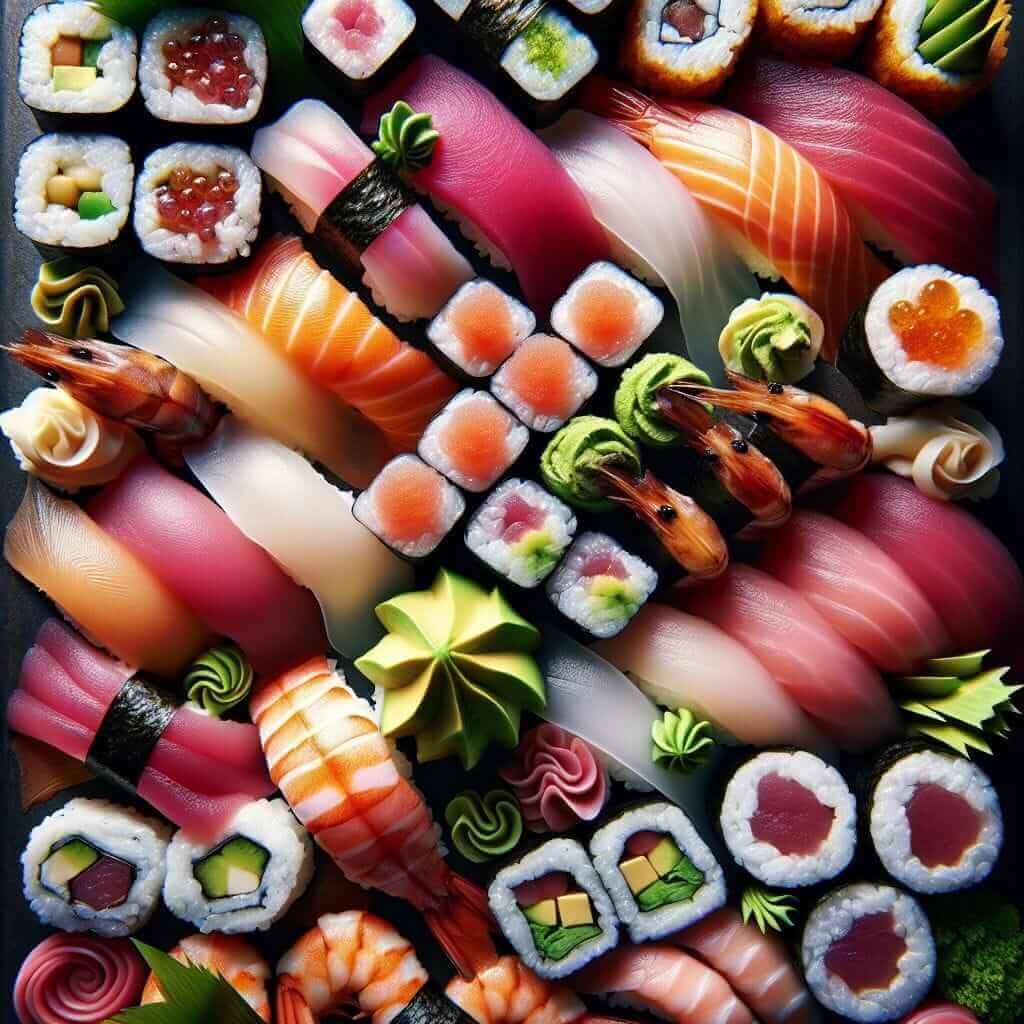As an experienced IELTS instructor and speaking examiner, I often see students stumble on seemingly simple questions in the IELTS Speaking test. One such question is “What’s your favorite type of cuisine?” or variations like “What kind of food do you enjoy?”. While it appears straightforward, this question can trip you up if you’re not prepared.
This comprehensive guide will equip you with the tools to answer this question confidently and naturally, showcasing your English language skills to their fullest.
Why This Question Matters in Your IELTS Speaking Test
Although it seems casual, this question assesses several key skills:
- Vocabulary Range: Demonstrating your knowledge of food-related vocabulary beyond basic terms.
- Fluency and Coherence: Speaking smoothly and logically about your preferences.
- Grammar Accuracy: Using correct grammatical structures when describing your favorite cuisine.
- Pronunciation: Clear pronunciation of food-related words, especially challenging ones.
Crafting Your Perfect Answer
Here’s a step-by-step approach to formulating an impressive response:
1. Identify Your Favorite Cuisine (and Be Specific!)
Don’t just say “I like Italian food.” Specify what you love about it! For example:
- Instead of: “I like Italian.”
- Say: “I’m a big fan of Italian, particularly the creamy carbonara sauces and the fresh ingredients used in their dishes.”
2. Elaborate on Your Choice
Provide reasons for your preference. This adds depth and demonstrates your ability to express yourself:
- Because of the taste: “I find the blend of spices in Indian cuisine incredibly aromatic and flavorful.”
- Cultural Significance: “Growing up, my grandmother would always make us traditional Japanese dishes, so I have a strong emotional connection to that cuisine.”
- Personal Experience: “I had the most amazing Pad Thai while traveling in Thailand, and now I crave it all the time!”
3. Use Vivid Language
Instead of just “good” or “delicious,” use more descriptive adjectives:
- Spicy: Fiery, tangy, zesty, aromatic
- Savory: Umami, hearty, rich, smoky
- Sweet: Sugary, honeyed, fruity, decadent
For example: “I adore the fiery kick of Szechuan cuisine. The complex blend of chilies and peppercorns creates an explosion of flavor in my mouth.”
4. Consider Adding a Personal Anecdote
A short, relevant anecdote can make your answer more engaging and memorable. For instance:
“I recently tried making sushi at home. It was challenging but fun, and now I have even more appreciation for the artistry involved in Japanese cuisine.”
 Delicious Japanese Sushi Platter
Delicious Japanese Sushi Platter
Example Answers
Let’s put it all together with a few examples:
Example 1:
“My favorite cuisine is Vietnamese. I love how fresh and fragrant their dishes are. The combination of herbs, rice noodles, and dipping sauces creates a wonderful balance of flavors. Plus, it’s so light and healthy!”
Example 2:
“I’m a huge fan of Mexican food. I find the bold flavors and spices really satisfying. Growing up in Southern California, I was exposed to authentic Mexican cuisine, and I love the sense of community that comes with sharing a big plate of tacos with friends and family.”
Common Pitfalls to Avoid
- Don’t be too general: Avoid one-word answers or overly simplistic statements.
- Don’t memorize answers: Examiners can spot memorized responses. Speak naturally!
- Don’t be afraid to say you don’t know: If asked about a specific cuisine you’re unfamiliar with, be honest. You can say, “I’m not very familiar with that type of food, but I’m always eager to try new things.”
Practice Makes Perfect
The key to acing this question is practice. Practice speaking about your favorite cuisine using the tips and vocabulary discussed above. Record yourself, listen back, and identify areas for improvement. With preparation and confidence, you’ll impress the examiner with your culinary knowledge and language skills.


